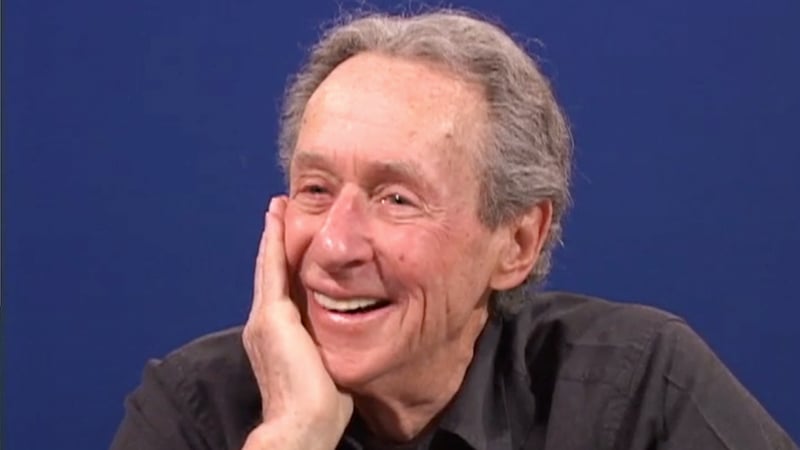Visual History with Arthur Penn
Interviewed by:David Jones
On his return from serving in WWII, Arthur Penn got a job as a floor manager for The Colgate Comedy Hour that led to directing anthology series like Goodyear Television Playhouse, The Philco Television Playhouse,Playwrights ’56, and Playhouse 90 (including a live television version of The Miracle Worker). After hiring him to work on Playhouse 90, Producer Fred Coe offered Penn his first film directing job, The Left Handed Gun, with Paul Newman. Following a successful theater run of Two for the Seesaw, Penn and Coe mounted a stage version of The Miracle Worker that would later be adapted into the 1962 movie that garnered Academy Awards for Anne Bancroft and Patty Duke, and Oscar nominations for Penn, the playwright/screenwriter, and the costume designer.
Next, Penn directed Mickey One with Warren Beatty and The Chase with Marlon Brando, Jane Fonda, and Robert Redford. In 1967, Penn collaborated with Warren Beatty again on Bonnie and Clyde. With this film, Penn joined a burgeoning movement of independent-minded directors making films critical of American society during the turbulent ‘60s.
After his Oscar-nominated work on Bonnie and Clyde, Penn co-wrote and directed Alice’s Restaurant, receiving his third Oscar nomination for Best Director. Next, he directed Dustin Hoffman in Little Big Man, followed by the psychological thriller, Night Moves with Gene Hackman. Penn worked with Jack Nicholson and Marlon Brando on The Missouri Breaks, and later directed the feature films Four Friends, Target, Dead of Winter, Penn and Teller Get Killed, as well as the movie for television The Portrait and Inside. More recently, he worked on the documentary Lumiere and Company and the series, 100 Centre Street.
In addition to his Oscar nominations, Penn has twice been nominated for DGA Awards for The Miracle Worker and Bonnie and Clyde. He received an Emmy nomination for his work in the Playhouse 90 version of The Miracle Worker and shared a nomination as an executive producer for episodes of the series Law and Order. He was given the Los Angeles Film Critics Career Achievement Award in 2002, and in 2006 received DGA Honors for his distinguished contributions to American culture through the world of film and television. Penn served on the DGA’s National Board from 1997-2003 and six terms on the Eastern Directors Council.
Penn passed away in September 2010.
Select Viewing Option:
Highlights